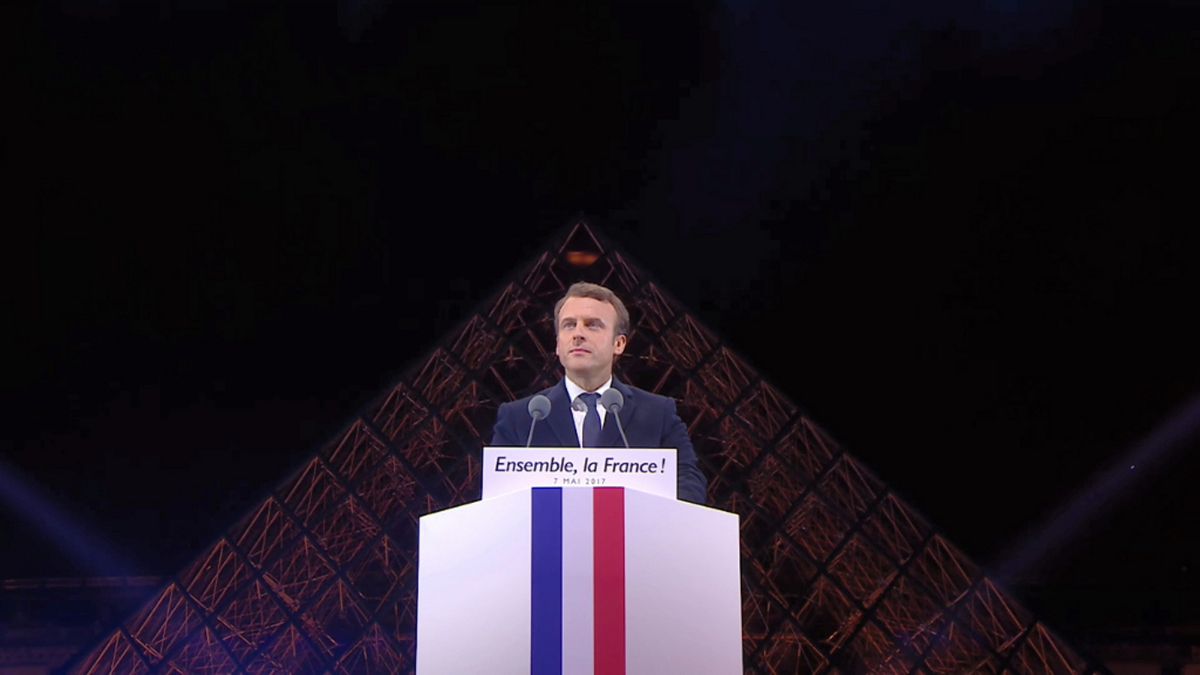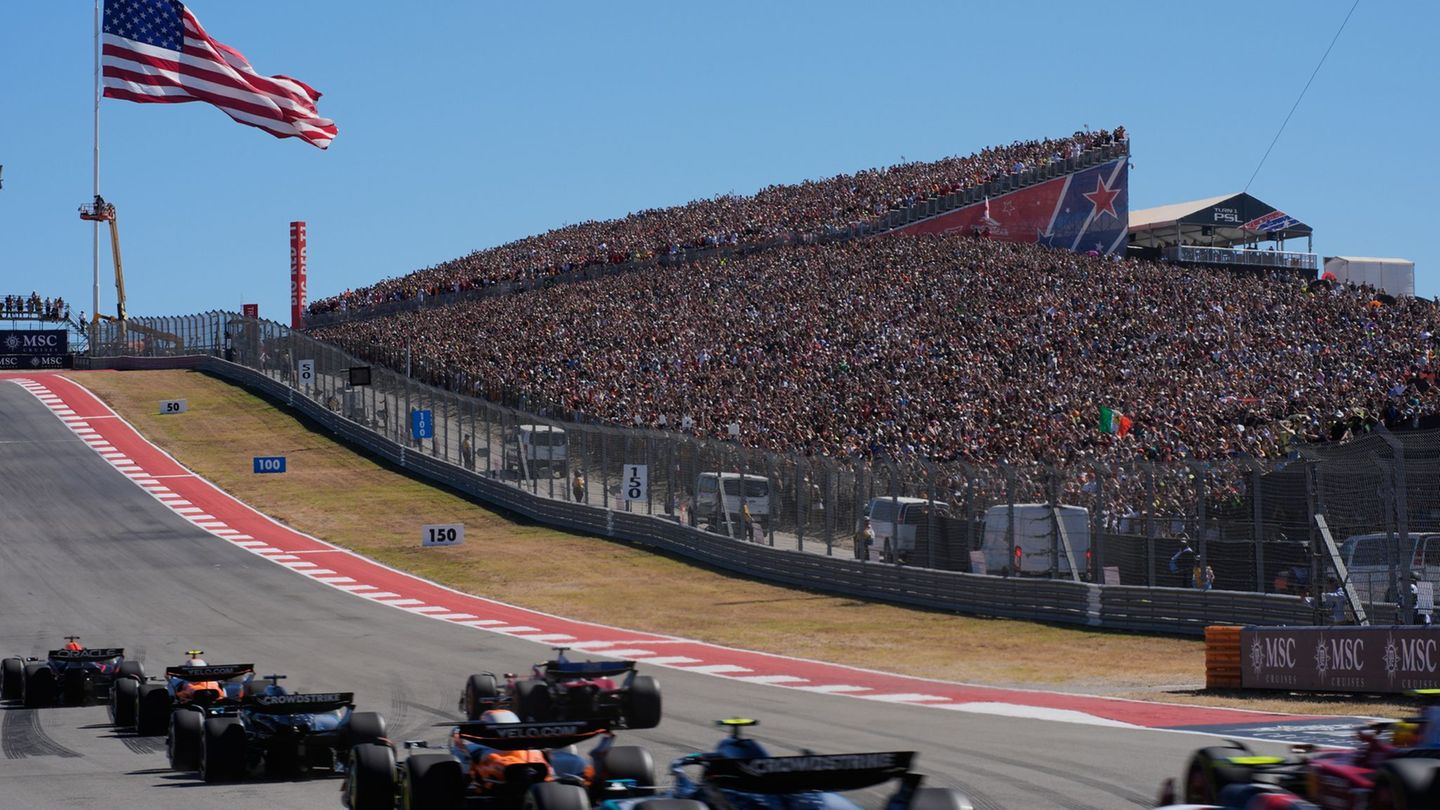From August, important oil producing countries want to produce more oil again. After the decision on Sunday – which also caused criticism – prices on the market fell a little. The consequences are still difficult to predict.
Oil prices fell on Monday after major oil-producing countries agreed to increase production. A barrel (159 liters) of North Sea Brent cost US $ 72.92 that morning.
That was 67 cents less than on Friday. The price of a barrel of American West Texas Intermediate (WTI) fell 67 cents to $ 71.14.
The oil cartel Opec and its partner countries (Opec +) agreed on a significant increase in oil production over the weekend in view of the global economic recovery. From August onwards, the Oil Alliance will increase its daily production by 400,000 barrels a month until further notice. If market conditions permit, the remaining production cut will end in September 2022, it said.
An increase in the delivery rate tends to put a strain on prices. The reactions on the markets were, however, limited. Climate activist Greta Thunberg criticized the decision and sarcastically described it on Twitter as “positive news” with a view to the most recent extreme weather events in the world.
“We are dealing with uncertainties,” said the Saudi energy minister, Abdulasis bin Salman, with a view to the danger of new corona waves. He pointed out that the Oil Alliance would hold on to its monthly meetings to assess the market situation. The next meeting of the Oil Alliance is planned for September 1st.
The consequences of the decision for the buyers of heating oil and for motorists are still difficult to foresee; they will tend to depress prices. Fuel is now as expensive as it was last in autumn 2018. Compared to the summer of 2020, which was shaped by the Corona crisis, fuel costs a good 20 percent more.
The 23 states agreed on a new cut for the funding shares, which should come into effect from May 2022. Saudi Arabia, the United Arab Emirates, Kuwait and Iraq as well as Russia as the most important partner country benefit from this. An agreement had already emerged before the weekend. A dispute between Saudi Arabia and the United Arab Emirates over production quotas prevented an agreement two weeks ago.
At the beginning of the corona pandemic, Allianz Opec + cut daily production by around 9.7 million barrels. This made it possible to support oil prices, which had fallen sharply due to the slump in the global economy. In the meantime the oil faucet was gradually turned on. The production cut is now around 5.7 million barrels a day. Thanks in part to the production limit, the price of crude oil has risen by around 40 percent since the beginning of the year.
OPEC assumes that there will be global oil demand again in 2022, as before the Corona crisis. That would mean a demand of around 100 million barrels a day. Allianz Opec + supplies around 45 percent of this.
Jane Stock is a technology author, who has written for 24 Hours World. She writes about the latest in technology news and trends, and is always on the lookout for new and innovative ways to improve his audience’s experience.




